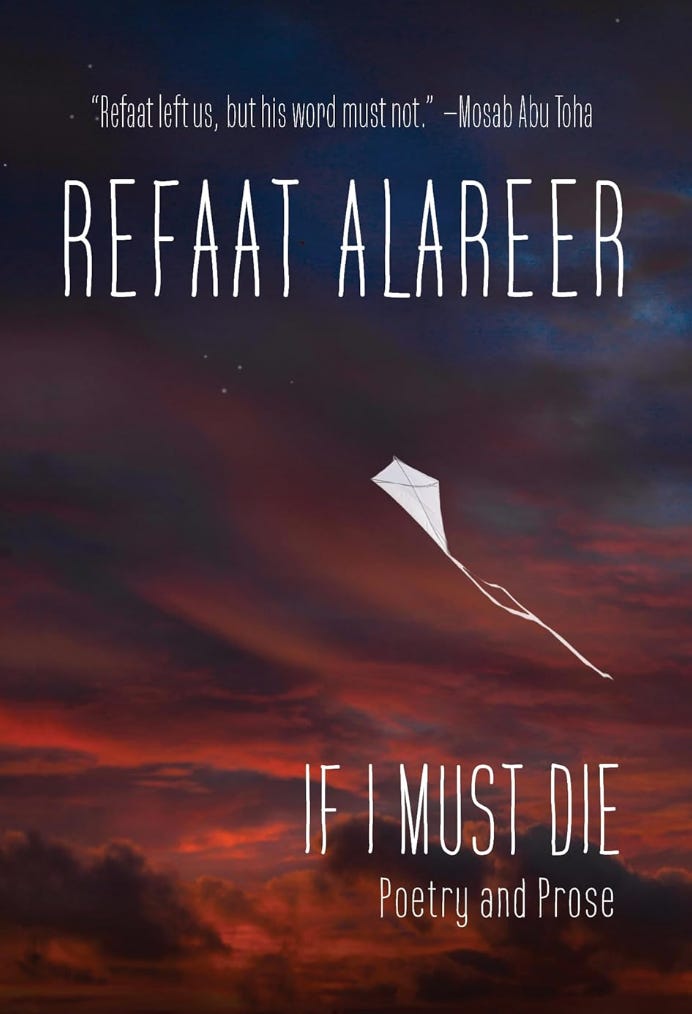General admission to Wynwood Walls included the opportunity to fire away with the spray cans for three minutes, just enough time for me to spray Godzilla onto the wall.
General admission to Wynwood Walls included the opportunity to fire away with the spray cans for three minutes, just enough time for me to spray Godzilla onto the wall.
And we have a second printing of Dinosaur Stories!
Although solo travel isn’t my favorite kind, it is worth doing on occasion because one is forced to pay attention to every detail—especially on a wilderness trip. In the 22 hours between when I departed by kayak from the Hell’s Bay Trailhead on March 7th and when I returned, I saw no other humans. The only other mammal was an otter who eyed me quizzically in between rounds of swimming and rolling around on shore. On the Pearl Bay Chickee, with Orion and Canis Major overhead, I reflected that if a count were taken, the score would be six million human souls in the Greater Miami Metropolitan area and one plus the gods know what else on this wooden platform in the estuary, surrounded by mangroves and their nutritive souls. Crickets sang all night, and I periodically heard flapping and splashing from birds landing on the water. When I got up for the outhouse at 3:00 AM, Scorpius had replaced Orion.
My family sends out a traditional Christmas letter every year. Here are the pictures we selected to illustrate my part of the letter this year. (I'm one of four family members featured in the letter, hence the captions in third person.) Happy Holidays, everyone! And good luck in 2025… we’re going to need it!
Ranger Ross on the gator nest survey in the Everglades.
An adult Florida redbelly turtle does “turtle yoga” in the Sun.
Mangroves with their distinctive prop roots line the Black River at Collier Seminole State Park.
Ross wins gold at the fall “Swordfish Challenge.”
The armored Ankylosaurus makes a cameo appearance in Ross’s Dinosaur Stories.
Ross gets water from the pool after Hurricane Helene.
LET'S MAKE A THUNDERCLAP by putting Refaat Alareer's posthumous book If I Must Die at the top of the New York Times bestseller list by Saturday, December 14th! Ka Burbank explains it best: https://www.instagram.com/reel/DDLTXVBPJ8u/?utm_source=ig_web_button_share_sheet&igsh=MzRlODBiNWFlZA==
For it to count in the rankings, one must buy it from either bookshop.org or Amazon.
https://www.dropsitenews.com/p/refaats-book-if-i-must-die-has-surged

The wrecking crew returns to Washington, D.C., this January, more organized and prepared than they were before.
I recall Bob Marley’s words, “The people who were trying to make this world worse are not taking the day off. Why should I?” Keep fighting for a better world, my friends, no matter what happens.